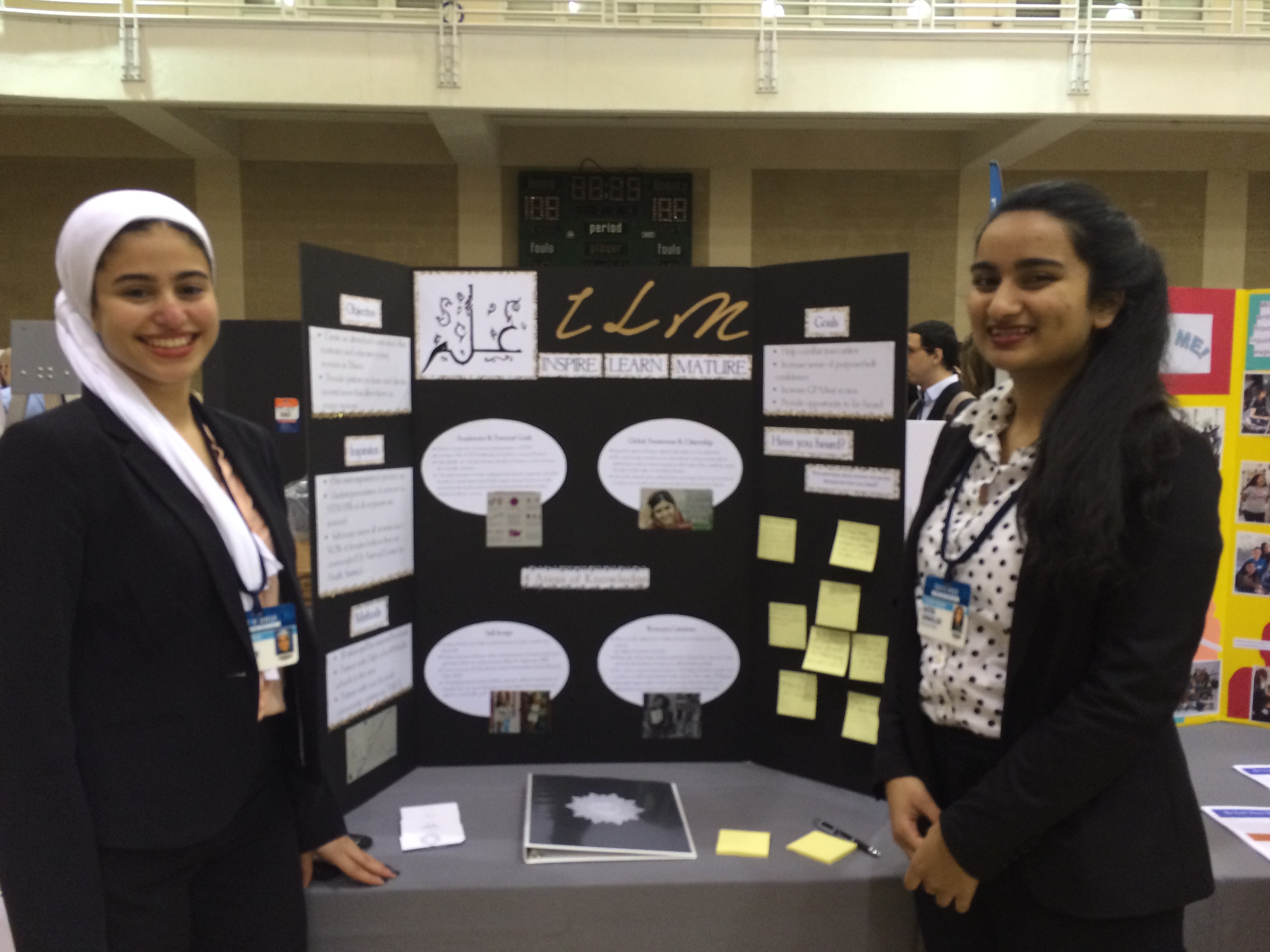Q: What did you take away from CGIU? How will this affect the implementation of your Commitment to Action?
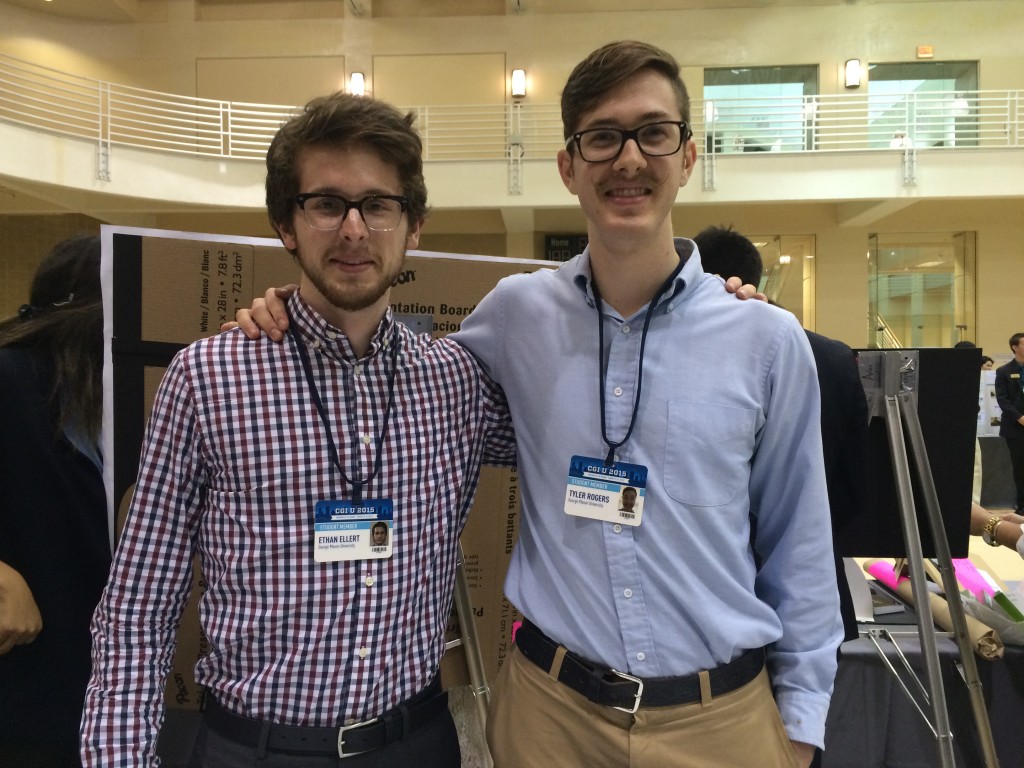
Rogers: “I guess hearing from other participants, learning from their perspectives, and hearing their thoughts as well bolstered what the panelists’ presentations have said. The biggest impact CGIU will have on our work is understanding this work is people-centered and everyone has something to offer, [because] we work with an indigenous community, and they’re just as intelligent as we are.”
Ellert: “Yeah, I guess you just have to find something you’re passionate about and go for it. Go try and make a really big impact on a lot of people’s lives.”
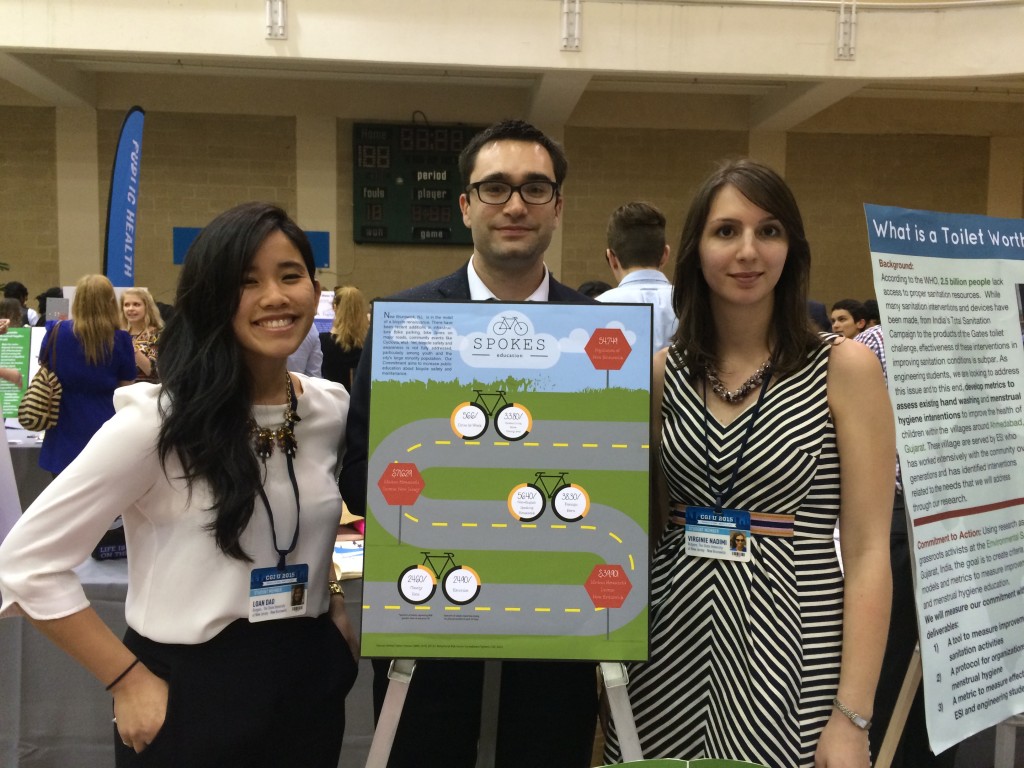
Dao: “The main takeaway is to work locally, and to use resources you have access to already.”
Bickford: “I think, for me, it reaffirms something that I learned a little while ago. Each time I went to a meeting, I would meet somebody else who would give me another reference to another meeting. Everybody that I met here was amazing. They all had these incredible projects, and these incredible talents. Just to be able to get to talk to them and see who they know, what they know and then build off of that is extremely important.”
Nadimie: “My biggest takeaway is that our generation of millennials aren’t these people that are going to sit around and complain. We’re very active in our communities, we want to make a difference and we absolutely are going to do it.”
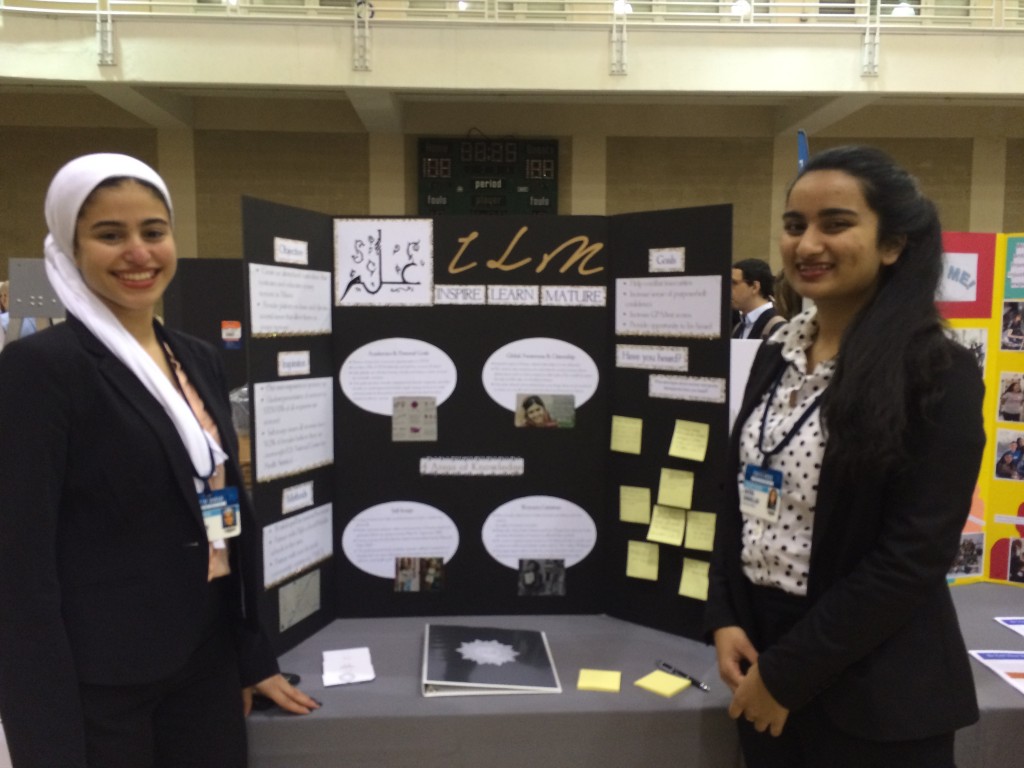
Eltantawy: “We’ve learned a lot about turning our dialogue into action. From the knowledge we have gained from CGIU, we’re going to start contacting high schools, go through the UM education department to see if we have any connections, and start applying this program in the right area.”
Sanaullah: “For me, I think that the energy that we feel being surrounded by all these people who are so passionate is really infectious. What’s so great about CGIU is that it brings together so many different people, and everyone can help you in some way. It gives you a lot of support. And I think for young people starting out, and not being taken seriously by adults, it’s really important.”
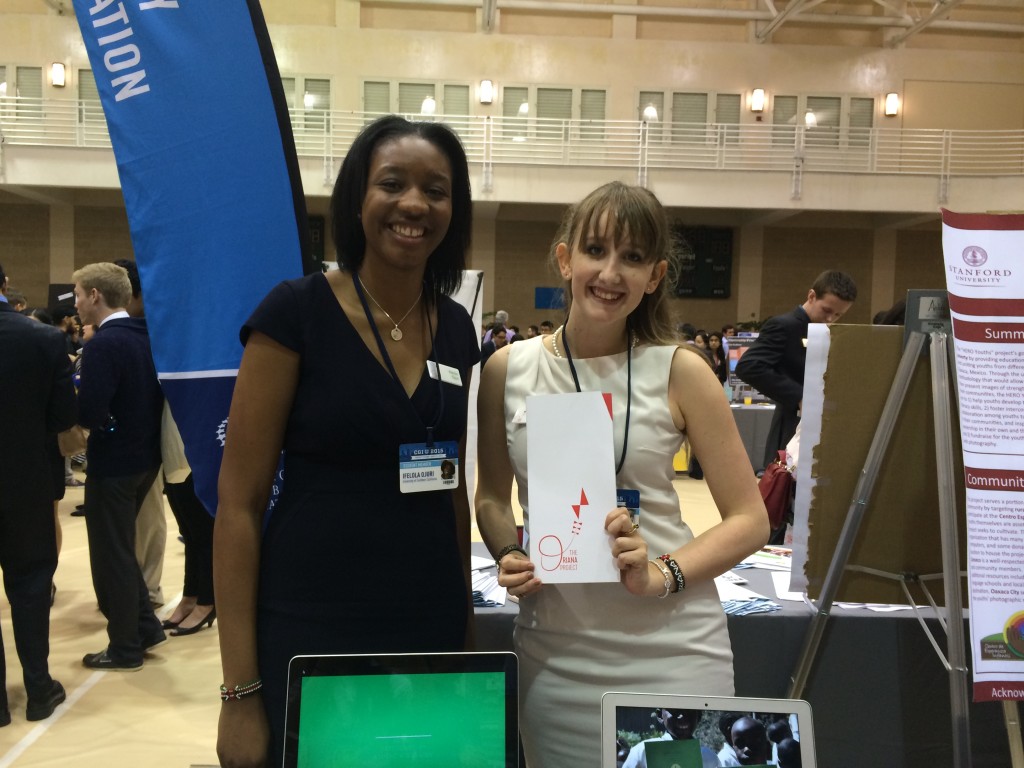
Ojuri: “To me, it’s the integrity – you never compromise what you set out to do. The takeaway for the Oriana Project is that we shouldn’t give up, and you may face obstacles, but it will ultimately be what you need it to me, and what they need it to be.”
Carr: “So I think the biggest thing for me was the fact that there are people out there that believe in young people implementing these projects, and that as still a teenager, that people out there believe that we can make this happen. The biggest takeaway is going to be confidence in what we’re doing, and a lot more organizational framework.”
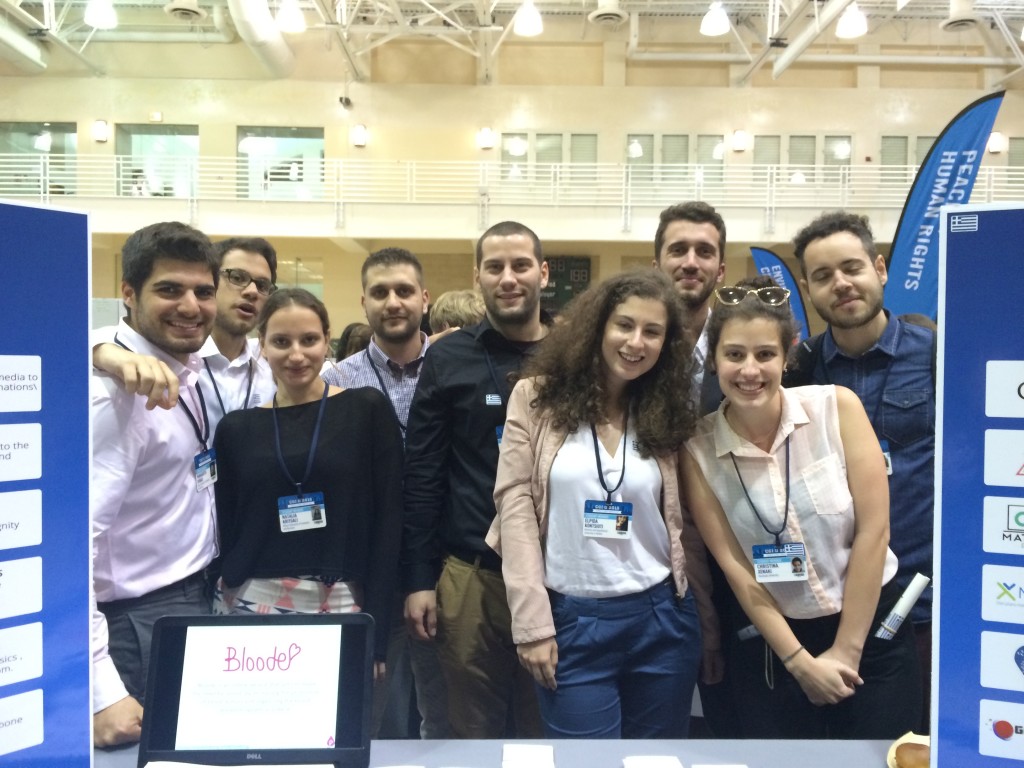
Krstali: “The biggest thing that I gained was the networking with people from other countries, learning how the blood system is in other countries and the experiments that are being done. With all the connections that we can make with the other NGOs and enterprises, we can together face the huge problem of a lack of blood donors.”
Tsompanidis: “The biggest profit for us is the networking we made here at CGIU, and that helps us find the right partnerships to make our projects better and implement them faster, in a more innovative way.”
Speak Up answers are edited for clarity, brevity, and accuracy. Compiled by Jackie Yang.






